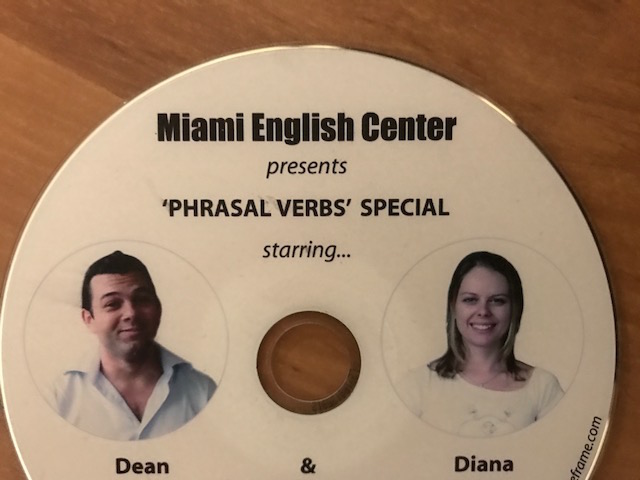Homophones are words with the same pronunciation, but different meanings. There are many homophones in English. For example:
Dear-Deer, Poor-Pour, Do-Due, Here-Hear, Read-Red, Blue-Blew, One-Won, For-Four, Ate-Eight, Which-Witch, Wear-Where, I-Eye, See-Sea, Toe-Tow, Cell-Sell, Sail-Sale, Son-Sun, Buy-By, Stair-Stare, Patients-Patience, Morning-Mourning, Flew-Flu.
And there are 3 homophones for To (preposition), Two (number) and Too (also). Can you think of one sentence with all 3 forms? How about “I’m going to watch two videos too”
This Miami Beach video reviews English homophones, and one really tricky one: Whole vs. Hole. Whole means the entire thing, or 100% of something. For example I ate the whole pizza. Hole means an empty space, or 0%. For example, there is a hole in the road. So although they have the same pronunciation, they are almost opposite in meaning.


